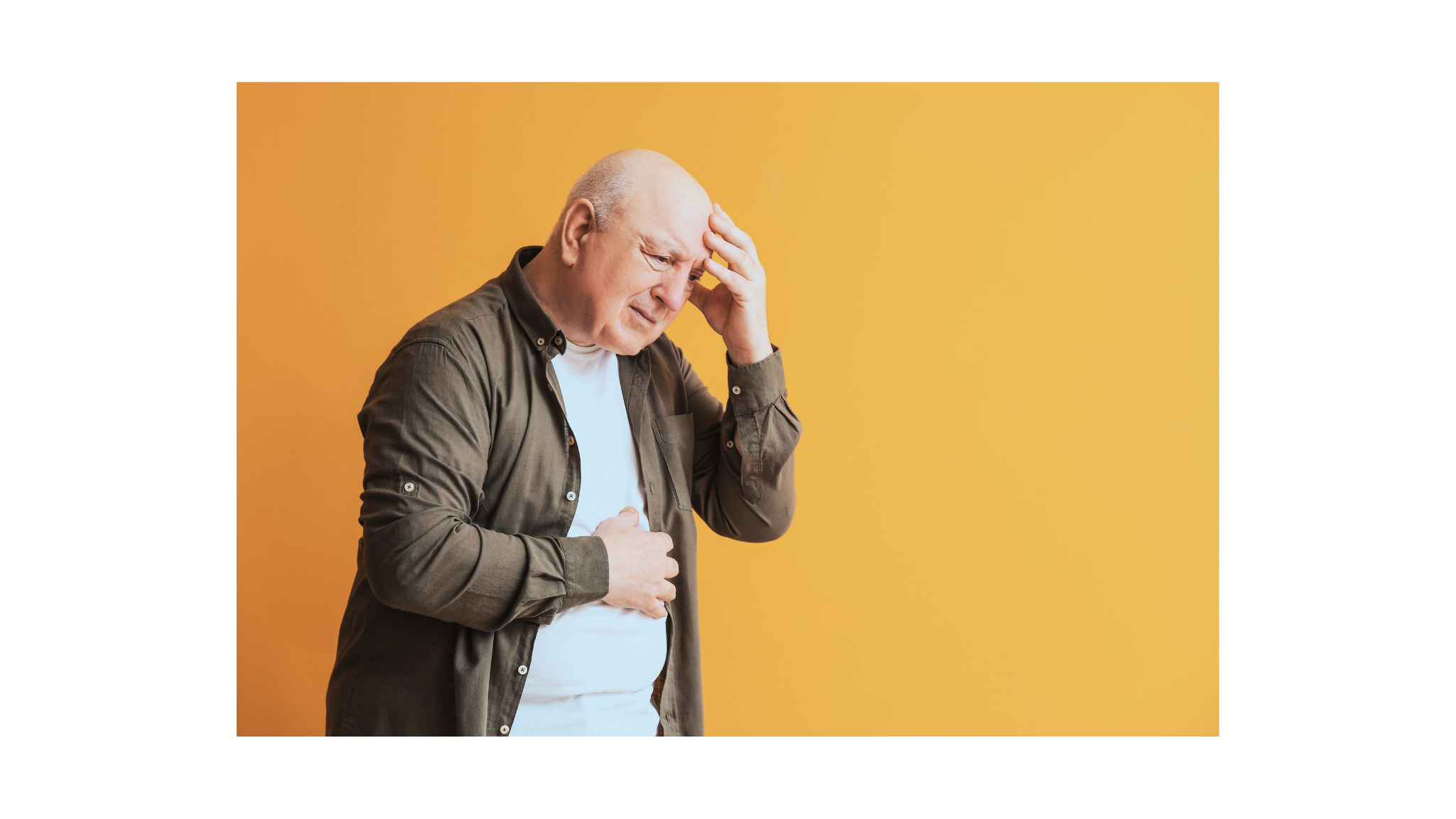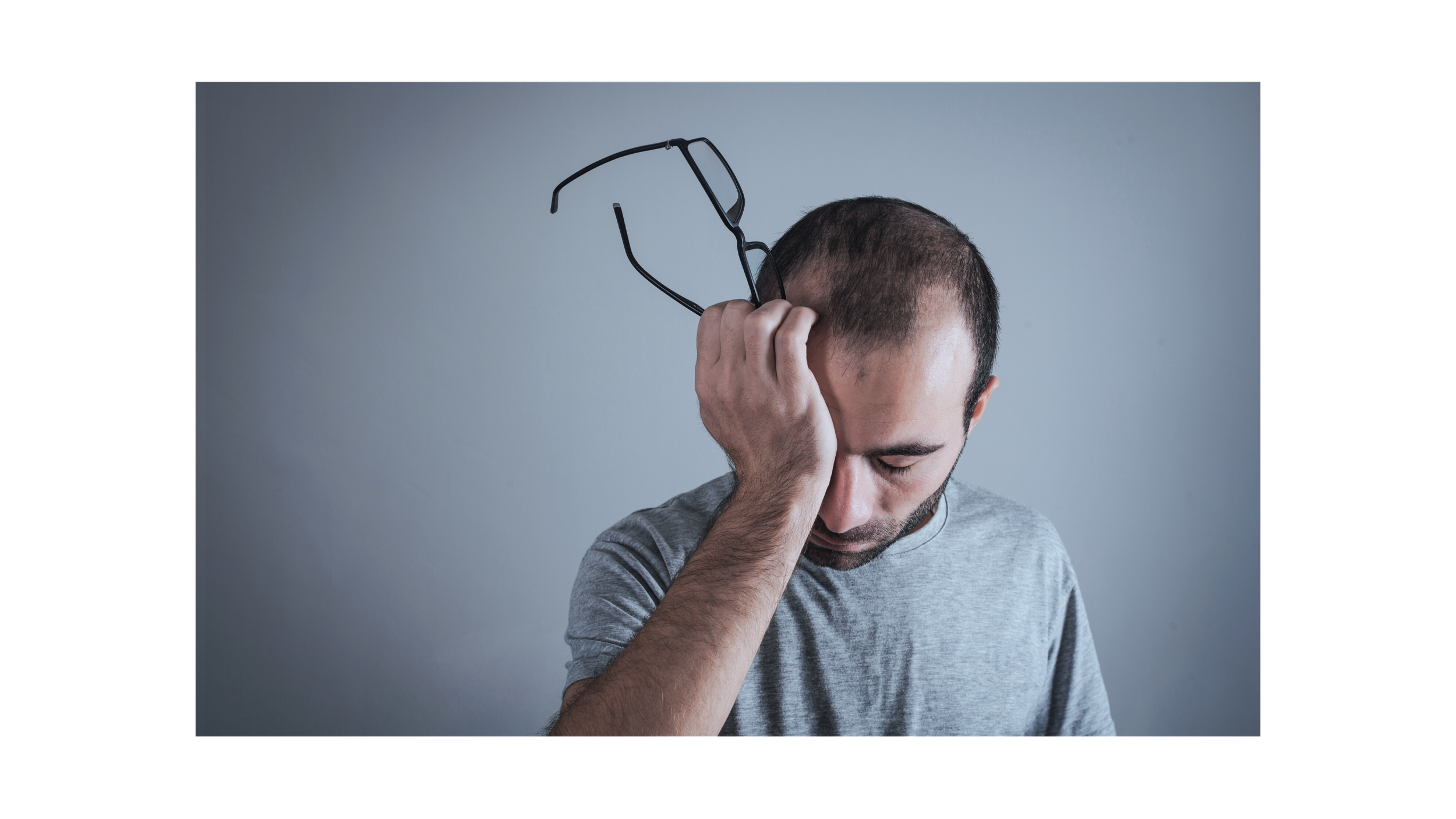
Interstitial Cystitis
What is Interstitial Cystitis?
Interstitial Cystitis, also known as Painful Bladder Syndrome, refers to pressure or pain in the bladder, often accompanied by an increased need to urinate.
The bladder is a hollow, muscular organ in the lower abdomen that stores urine. The pain can vary in severity, location, and its relationship to factors like the menstrual cycle, pregnancy, sexual activity, bowel movements, body movement, or other pain or illness in the body.
Emptying the bladder usually provides temporary relief.
If medical evaluations do not identify any disease or injury, or if treatments fail to provide expected improvement, it is likely that the brain plays a role in generating or contributing to the pain or illness. This is called a neuroplastic symptom.
Take the Neuroplastic Symptoms Self-Assessment Questionnaire
Resources
Common Neuroplastic Conditions















